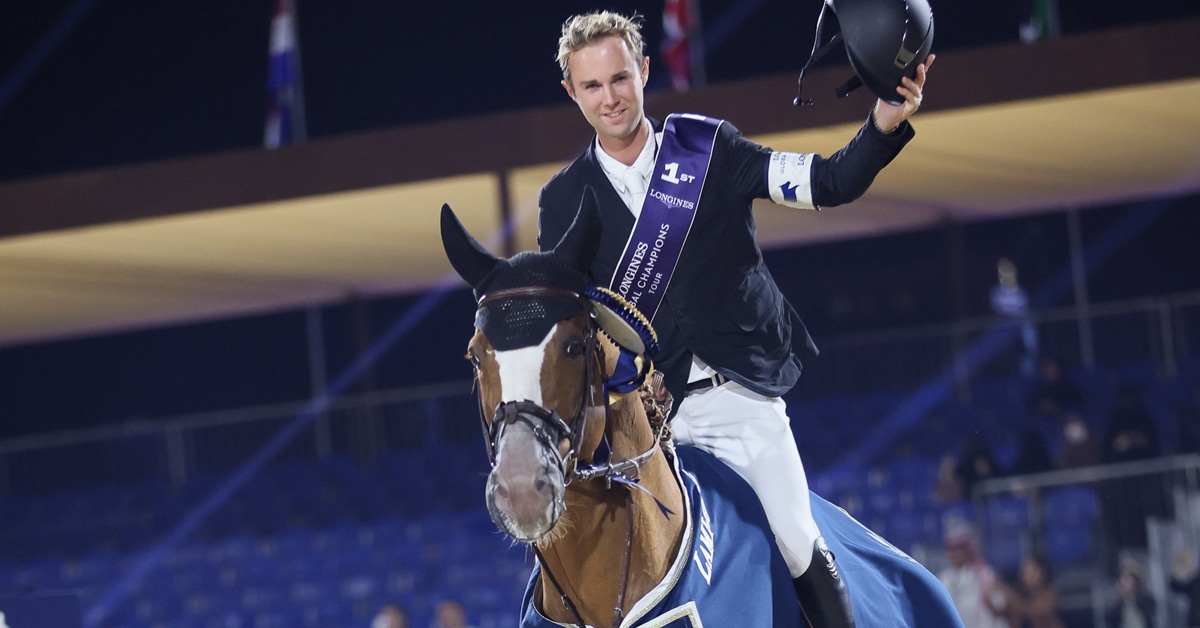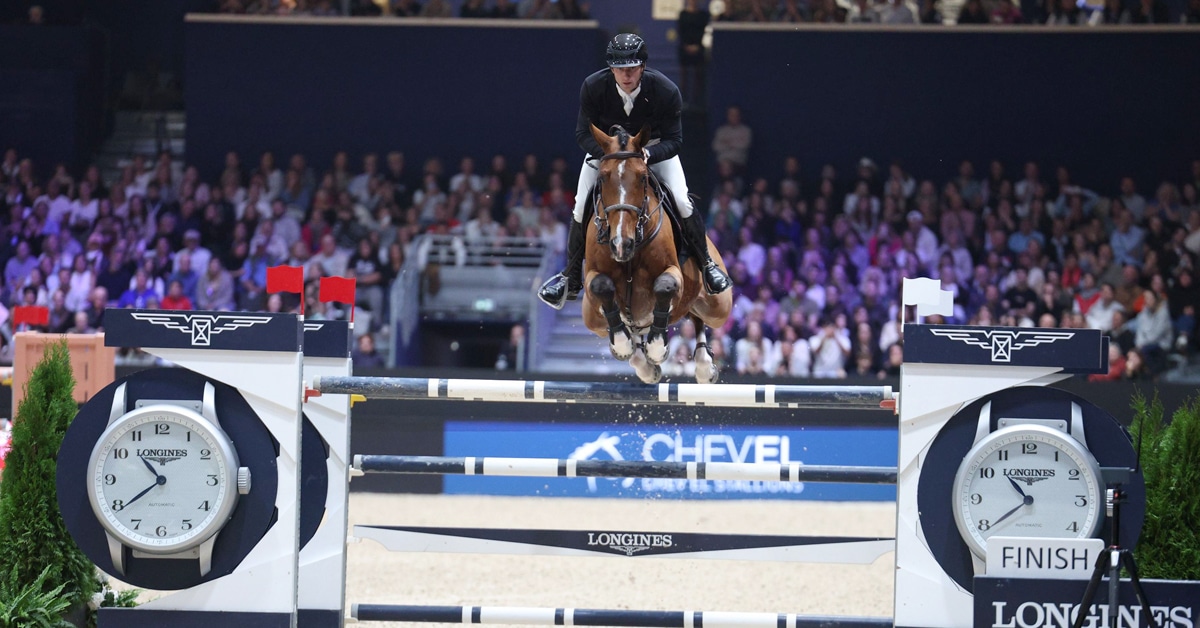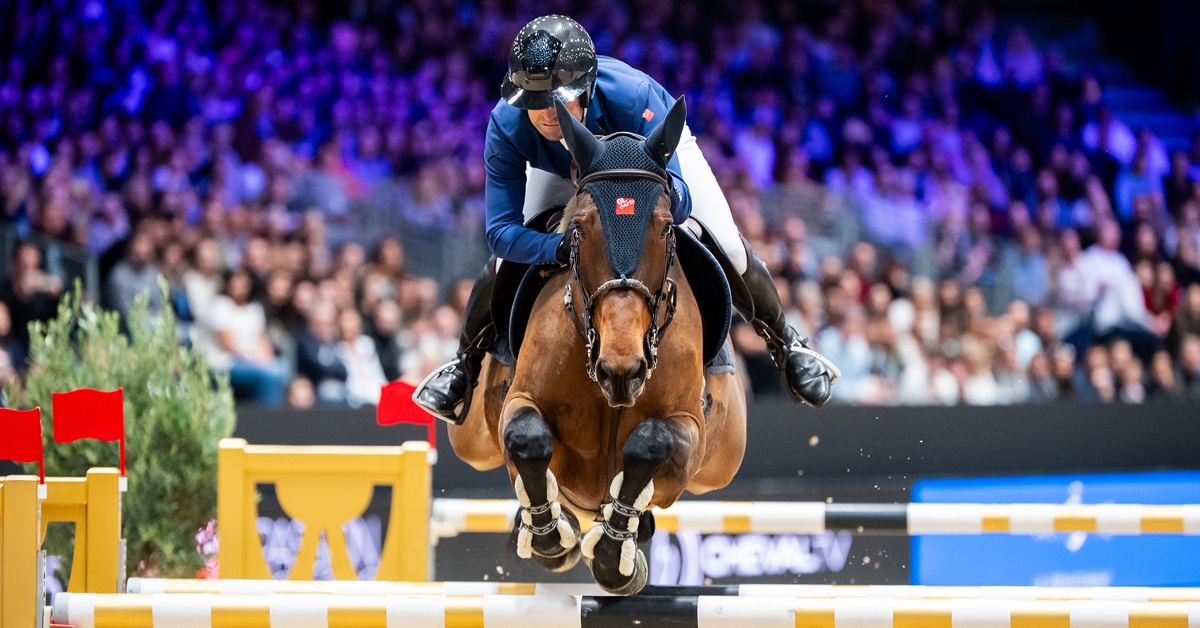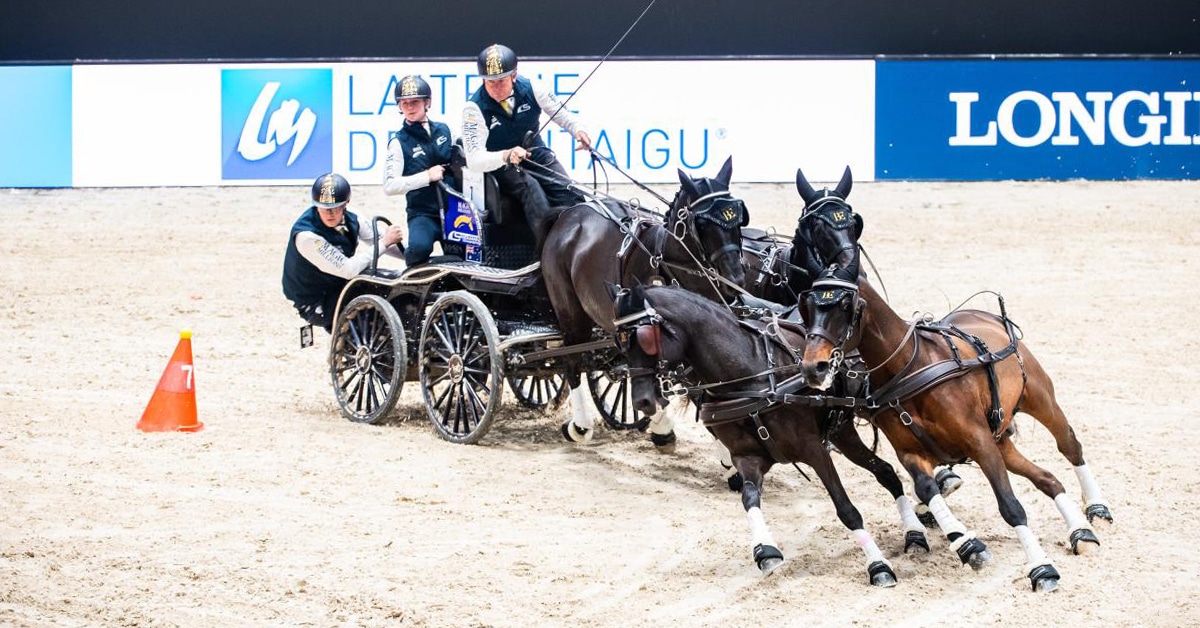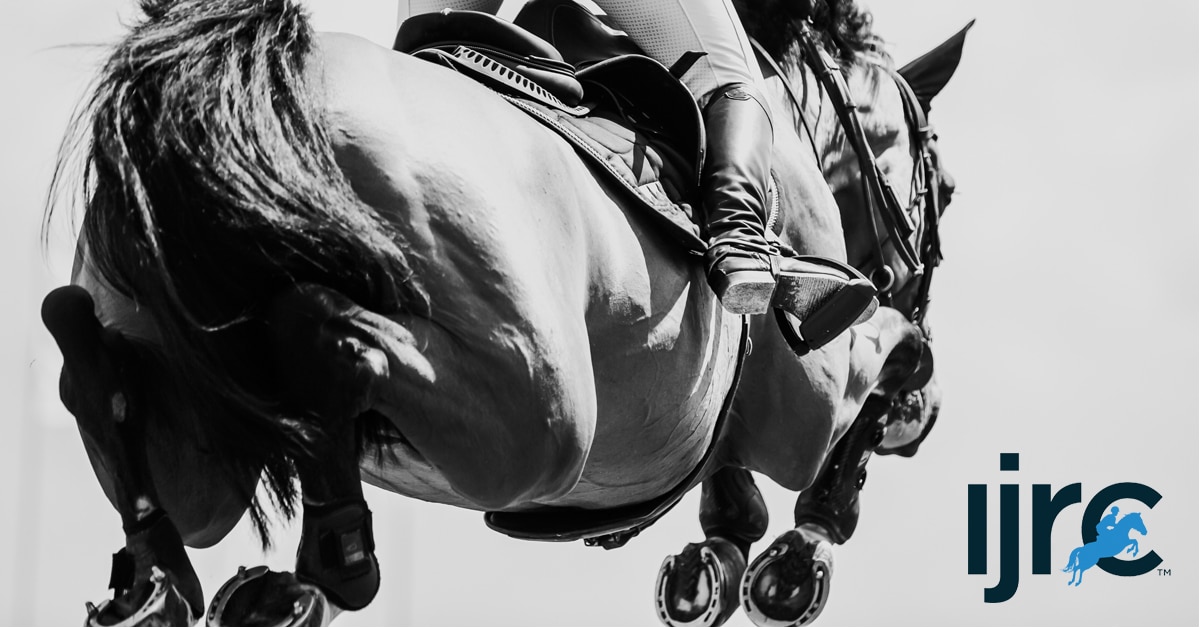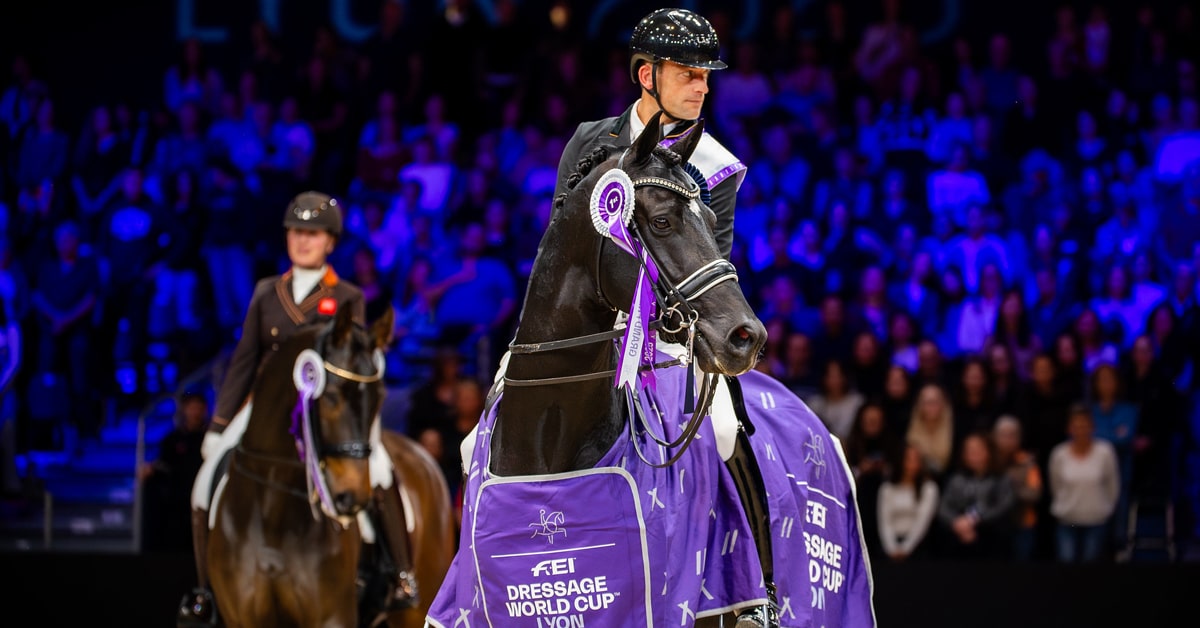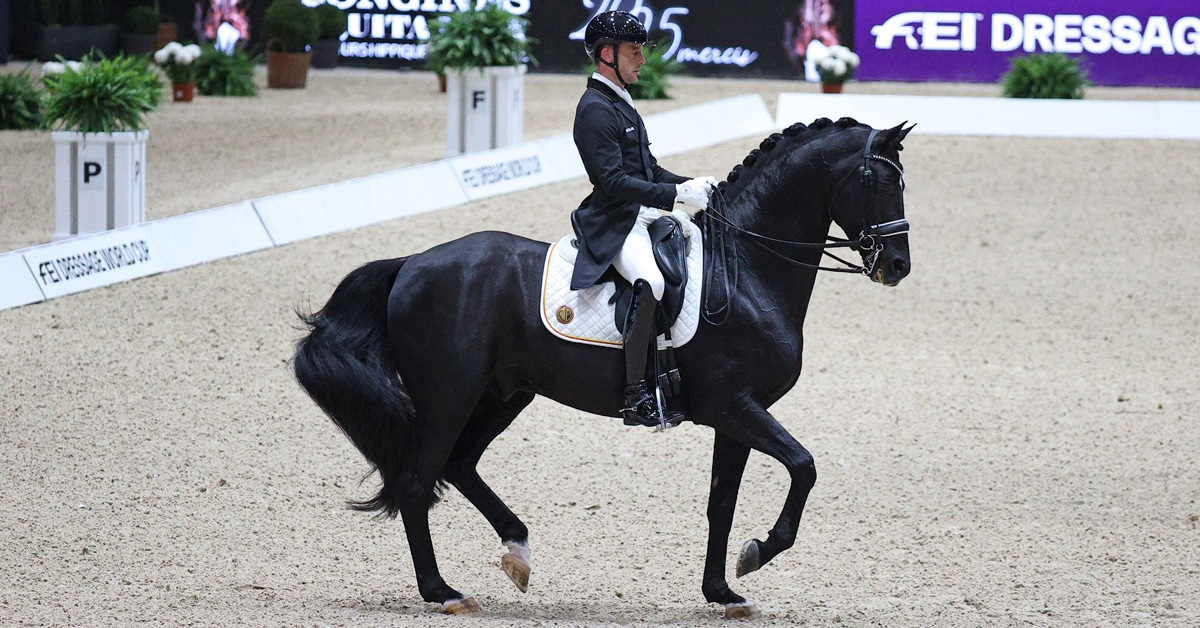The governing body of modern pentathlon has triggered a new public relations crisis for itself through its handling of the announcement to drop riding from the format after Paris 2024.
While the equestrian community has broadly welcomed the news, media reports pre-dated the official UIPM announcement by some 48 hours, leaving pentathletes outraged and distressed over how they found out. In the pentathlon community there is also bewilderment as to why recommendations and new rules for the show jumping phase developed by a heavily publicised new working group were not given a chance.
The decision was made during a secret meeting of the UIPM executive board last week, briefing notes from which were leaked to a specialist Olympic news organisation.
UPIM itself has glossed over reasons for the change, citing natural evolution and the desire to make pentathlon compact and more appealing to TV. Its official announcement makes no mention of the whipping of Saint Boy by medal contender Annika Schleu during the Tokyo event. There is also no reference to UIPM’s post-Tokyo welfare working group or what will happen to it, nor to or well-sourced media reports that the International Olympic Committee gave UIPM an ultimatum: drop riding by Los Angeles 2028 or you are out.
To date there is no reaction from Pentathlon Canada, Team USA or from the pentathlon organisers at Los Angeles 2028.
Pentathlon GB, which has fielded numerous gold medallists, including the two Tokyo champions, has been more forthright in its response. Chair David Armstrong stated: “This is a sad day for Modern Pentathlon. Many of our athletes came into the sport from an equestrian background and have a proud tradition as accomplished and keen riders. We are aware that this decision will come as a significant shock to them and we will be supporting them through this unsettling time.
“We are, of course, disappointed at the suddenness of this decision and the lack of consultation until now but we also understand that Modern Pentathlon’s place in the Olympic Games is very important and was under threat.”
Joe Choong, the new men’s Olympic champion, says he will give up if riding is excluded. His compatriot, three-time world champion Samantha Murray, says UIPM has only itself to blame, having a history of neglecting the riding phase and the quality and well-being of the borrowed horses. Murray says that at a World Cup event in Acapulco in 2014, welfare of horses was “outrageous.” Riders staged a boycott after the horses supplied by the organisers had open wounds, lameness and were clearly unschooled in jumping. UIPM’s official explanation for the cancellation of that event was that “conditions were unfavourable to the health of the horses.”
One thing the media got wrong is that cycling will be the replacement sport – that is yet to be decided. The new sport must, among numerous criteria, not fall under the governance of another body, which would appear to be extremely limiting; compatible with the stadium-based format approved a year ago for 2024 and beyond; TV friendly and low cost for athletes and organisers.
For equestrians who campaigned for riding to be dropped from pentathlon, the timeframe for implementation is an unanticipated setback. There will be at least three more years of riding, for it will still be included in the Paris 2024 Olympic format, at the Versailles horse park, where riding is currently slated to be the opening discipline in pentathlon.
Dr. David Marlin, a leading animal scientist, welfare advocate and FEI adviser, was at Tokyo. He welcomed the UIPM decision and sympathised with the pentathletes who are committed riders, but cautioned: “If you start to feel sorry for modern pentathlon, don’t. UIPM could have responded positively to the scenes in Tokyo. UIPM could have upheld or increased sanctions against Annika Schleu instead of effectively exonerating her in their post-Tokyo disciplinary process. Modern pentathletes could have got together and demanded better welfare for horses in their sport. None of this happened.
“Thank you to everyone who has helped to apply pressure on this topic but let’s also remember it’s not actually over until the last horse jumps.”
More News
